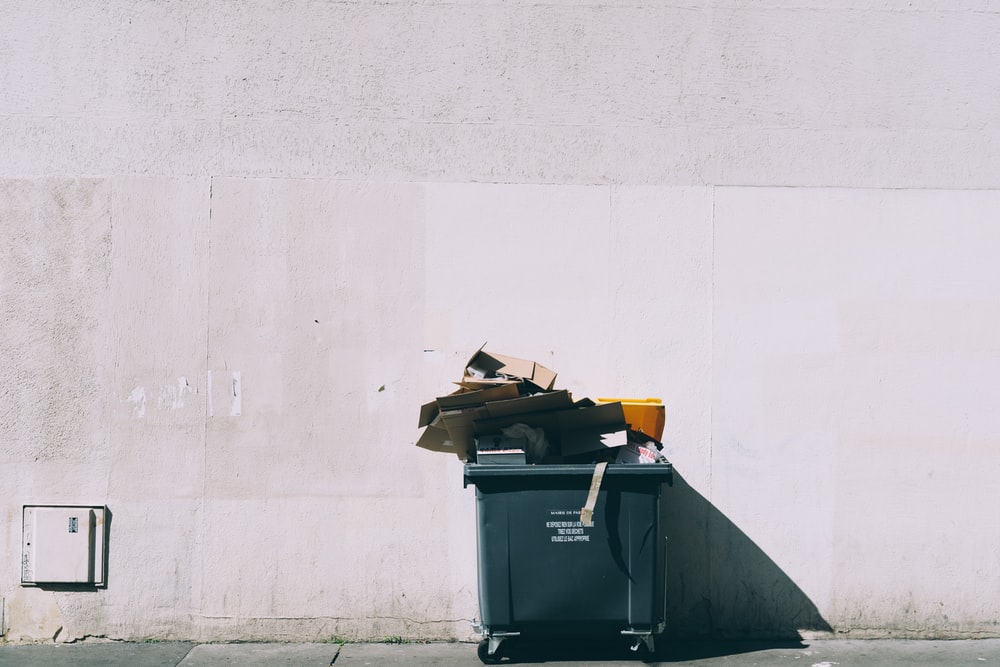
On average, British people are less likely to recycling in the workplace than at home. With the majority of us happily recycling in the comforts of our own domestic bliss, these efforts tend to go out of the window once we clock-in.
There is a multitude of reasons as to why recycling in the workplace is more difficult than in a domestic setting, but businesses can make small changes to temper this tendency.
Encouraging recycling at work can be made easy by following best practice or proper use of recycling bags. Here, we explain how to improve recycling in the workplace.
Stock Up on Recycling Bags
As a business, you need to ensure your staff members have the resources required to recycle. A plentiful stock of recycling bags means you can be prepared for days when more people are on-site and when more waste is being produced than usual.
Not having the supplies to help your staff recycle can leave them demotivated and send strong signals that you, as a business, do not care about the issue enough.
Recycling bags should be of high quality, too. A strong, heavy-duty woven polypropylene make-up is recommended for the bags due to its durability. Label Source exclusively stocks these thanks to their usefulness in a wide array of industries.
Strategically Place Recycling Bins
In order to action recycling procedures in the workplace, you need to place bins strategically to proactively facilitate recycling. You want the act of putting waste in the correct bins to be almost subconscious for your staff, so putting the paper recycling bin near the printer or the food waste recycling bin in the kitchen can naturally increase recycling rates.
Placing a recycling bin next to all rubbish bins helps, too. We understand that all workplaces are busy and staff members do not want to spend much time thinking about the act of recycling. If you think about the placement of recycling bins, then this will naturally encourage recycling at work.
Removing individual bins from under desks and workspaces is encouraging, too. If a staff member has a personal bin near their workstation, then they’re much more likely to put rubbish away there than at designated recycling points.
Educate and Communicate with Staff
Stocking up on recycling bags and bins isn’t going to improve your workplace’s recycling immediately. Your staff members need to be communicated with and educated, especially when it comes to using the correct recycling bins and cutting down on ‘wishcycling’.
‘Wishcycling’ is what happens when someone is unsure if a piece of waste is recyclable and/or which bin it goes in. Instead, they opt to recycle it in a random receptacle, but this causes problems later down the line. Educating staff on the long-term effects of ‘wishcycling’, and what each bin is used for, will not only increase the rate of recycling, but also its efficiency.
Recycling information can be cascaded at team meetings, delivered through internal emails, and via posters around the workplace. It’s also important to let all of your staff know why the company is attempting to increase rates of recycling and connect them with a sense of shared responsibility.
Conduct a Full Waste Review
An annual waste review ensures your business is continually improving its recycling and not stagnating. The review compromises of two stages:
- A preliminary waste review – identification of the main waste produced and the costs of disposal.
- A detailed waste review – the plan to manage a business’ waste.
These reviews will inform your ongoing strategy and set up a long-term plan to improve recycling in the workplace.
Are You Eco-Conscious?
Having signs such as recycling signs, waste segregation signage and resource conservation signs and notices are recommended to get you up to standard.
However, if you’re truly looking to improve your workplace’s recycling potential, then check out the range of high-quality recycling bags from Label Source. These bags are the first step in ensuring you and your staff members are ready to face the modern challenges of an eco-friendly workplace.